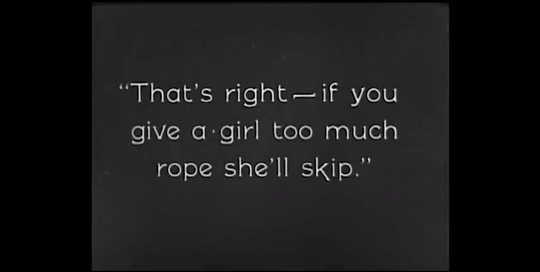We launched our new University Academic Blogging service a month ago, with a significant new piece – our Blogs.ed WordPress platform – and it’s been a sheer delight to watch Blogs.ed grow.
I’ve mentioned in a previous post that as well as being closely aligned with our Learning and Teaching Strategy, through engaging with the development of our new University Web Strategy, I was able to convince colleagues to embrace blogging as part of our wider online presence. It may seem obvious, but there remain pockets of concern amongst colleagues about people writing rude things on the internet (I know, that *never* happens). To encapsulate a more positive view of what blogging should be about in a University we developed “Influential Voices” as one of the four themes of the strategy:
“Influential Voices: Give our staff and students and online presence to publish and promote their work, and exchange ideas with organisations and communities globally”
In the last month this well-spring of voices has begun to appear (or more likely, become visible by virtue of being in the same place together):
Nursing News -student stories about studying Nursing at Edinburgh. This blog has been running since 2014 and they’ve decided to migrate over to the new supported platform.
Mark Naylor – a personal blog from a colleague in Geosciences. Full of practical insight and infectious enthusiasm for his subject “I want to know how the Earth works… ”
Scope – the staff newsletter from the College of Medicine and Veterinary Medicine. They are using a blog to “post stories in greater depth, have greater flexibility with posting, as well as giving colleagues a platform to express views and perspectives”
St. Cecilias Hall Reflective Blog – a series of reflective posts by a Veronica Wilson – a student studying for her MSc by Research in Collections and Curation.
Diverse Collections – the blog of an internship project exploring our archives in the Centre for Research Collections and bringing to light stories of equality and diversity.
Pamela Docherty – a personal blog from a colleague in the School of Maths. She’s a learning advisor and lecturer and has some good info on procrastination to share.
Physics and Astronomy – the School blog with a growing mixture of student and staff stories – the real voices of people studying and working together.
Space, Place, Sound and Memory – the blog of an inter-disciplinary research team who “use 3D imaging, binaural and surround sound, and room-impulse responses to create a software application that allows users to experience the performance of Early Music in an accurately-modelled historic space.”
This is my University and this is a place I recognise. Who wouldn’t want to work or study in a place like this? Honestly, it’s made me a bit emotional at moments as I’ve checked out how many sites are coming online and watching them slowly open up as public.
Talking of opening things up, I’m also pleased to say we’ve managed to make the LTI plugin that we developed available as open source for others to use. Head over to GitHub and download it. We’ve love your feedback too.*
Trust, not control
Up above I hinted that there is always concern that people will use open web stuff inappropriately. My preference is always to go for an operating model based on trust, not control, and that’s the route I have pushed for with Blogs.ed. Let’s not suck all the joy out of what we could do because one person might do something silly. Let’s also not build highly locked down systems that are expensive to maintain and struggle for adoption because they are too inflexible and rigid. However, let’s be prepared if something silly does happen, and have a clear route and process to follow. To that end we’ve created a few very important pieces of policy and technical infrastructure:
Terms and conditions of use – we trust that our staff and students will use the service appropriately and we make clear what we think that is. This is linked to the sign up form and the permanent institutional footer.
Privacy Policy – we are clear about what happens to data, particularly personally identifiable data within the blogging platform, and what choices users have about that.
Report this Page – A simple web-form linked from the institutional footer on every blog site that allows a concern about inappropriate content to be logged with our Helpline.
Take Down Policy – a clear process that we will follow if we receive a concern. This is a very carefully written and balanced policy and many thanks to Neil McCormick our policy officer for much hard work here.
So what next?
We’re now into a series of sprints as we add additional functionality to and around Blogs.ed. This is not a definitive list – more of a taster. Some things will move around, some things will be swapped in or out.
Coming imminently:
- Some further templates, including SPLOTS!
- Some additional accessibility checking tools
- A not-creepy Twitter Embed plugin
- Akismet for improved Spam control
- Hopefully a LATEX plugin
- A Flickr album gallery plugin
Coming a little later:
- Hypothes.is plugin
- H5P plugin
- Rich Text Comments
- Some more themes
- Hopefully an auto-generated directory of all the public sites on the service
- Integration with the University search engine
We’re also working on the Deletion Policy and the technical work behind that to make it possible to archive and delete blogs over time too. That is however, a whole other blog post in it’s own right!
* This has been particularly important to me not just because we’ve used a lot of open source to build this service, but because one of my team hasn’t been allowed in previous roles elsewhere to release his work as open source. It’s that trust / reciprocity thing again.

One thought on “A month of Blogs.ed”